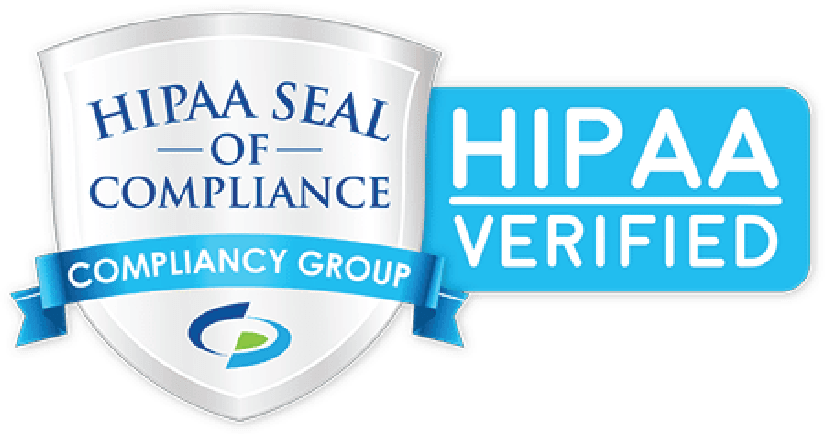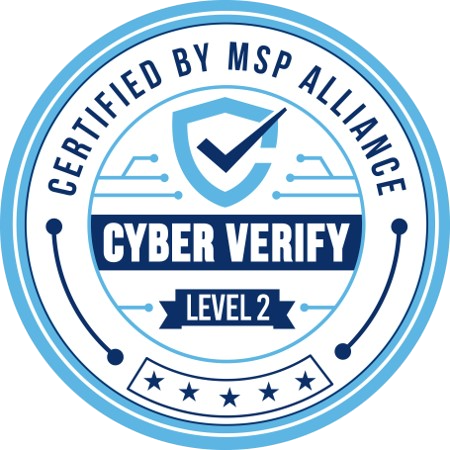Website Accessibility – Questions & Answers
If you’re unsure as to whether your website is equally accessible to all potential visitors, then you could be opening yourself up to litigation.
The Supreme Court just turned down an appeal by Dominoes that would have dismissed a blind man’s legal action against their inaccessible website. This sets a far-reaching precedent for all businesses operating online in the US.
The suit was filed by Guillermo Robles in Los Angeles 3 years ago, based on language in the ADA that guarantees people with a disability the right to “full and equal enjoyment of the goods and services … of any place of public accommodations.”
While counsel for Dominoes argued this only applied to their brick and mortar locations, the Supreme Court turned down the appeal, favoring Robles’ position that Dominoes’ website lacked software required for him to communicate effectively.
While this is not a formal ruling by the Supreme Court, it is a serious precedent for the modern business world. And don’t make the mistake of assuming it’s a flash in the pan – over 5,000 ADA violation lawsuits have been filed so far in 2019.
Why Is Website Accessibility Important?
Before the Internet, potential customers that wanted to know more about what a given business does would have to interact with them directly. But today, when you want to know more about a business, what’s your first move?
You Google them, right?
While there’s certainly something to be said for doing things the old-fashioned way and talking to someone directly, more often than not these days, potential customers will start with Google and the business’ website. The Internet has revolutionized the every-day person’s access to information about services and products.
Unfortunately, accessing that information isn’t equally as easy for every potential customer out there. Despite all the Internet can do, it tends to work based on the assumption that all users have the same level of given abilities.
But that’s not the case – there are users with varying degrees of sight and other abilities, and they need to access information on the Internet as well. In fact…
- 25% of the U.S. population is comprised of people with disabilities, and 40% over the age of 65.
- 8 trillion dollars is what this consumer group has as a collective discretionary spending power, with 4 trillion dollars of that power here in the U.S. alone.
- 75% of disabled consumers will not support a business because of inaccessibility.
Does The ADA Apply To You?
Don’t make the mistake of assuming you’re too small or unimportant for the ADA to apply to your business. You don’t have to be a massive enterprise like Dominoes or a government agency to be subject to its stipulations.
As explored above, many of the latest lawsuits brought to court have been filed against private businesses. While the ADA is meant especially for government organizations, recent precedents have opened up other businesses to liability in the event of noncompliance.
Even if you don’t operate in the governmental sector, or receive federal funding, it’s very likely that you’re still subject to the ADA, or another form of accessibility standard. Even though the Rehabilitation Act of 1973 doesn’t apply to non-governmental organizations, state or local laws often end up filling the same role.
For example, the ADA applies very broadly to organizations across the nation.
The ADA, according to the Department of Justice, requires any person, business or organization that is covered under the Act to communicate effectively about their programs, services, and activities. Furthermore, the Web Content Accessibility Guidelines (WCAG) have at this point become the internationally recognized benchmark for web accessibility.
Are You Unsure About Web Accessibility?
It’s good to do your homework and understand what ADA compliance is about – however, if you’re unsure about how to implement these standards (or even how to check if you’re currently compliant), then don’t worry, you don’t have to do it on your own.
Just as you likely outsourced your website design and hosting in the first place, it can be smart to do the same with ADA compliance. Many IT companies and website design firms will be knowledgeable of ADA compliance standards and can consult you on their implementation.
Like this article? Check out the following blogs to learn more:
The Need for Cybersecurity Expertise at the Board Level for Banking





